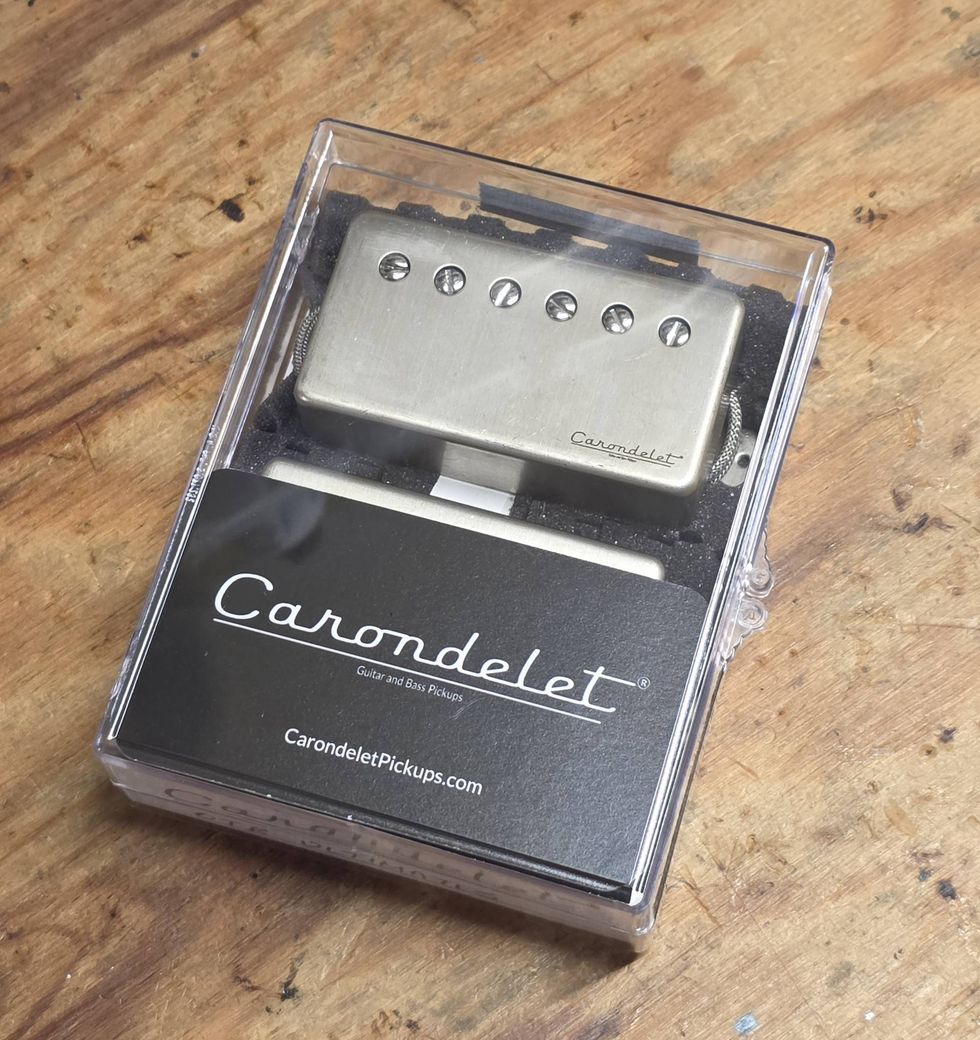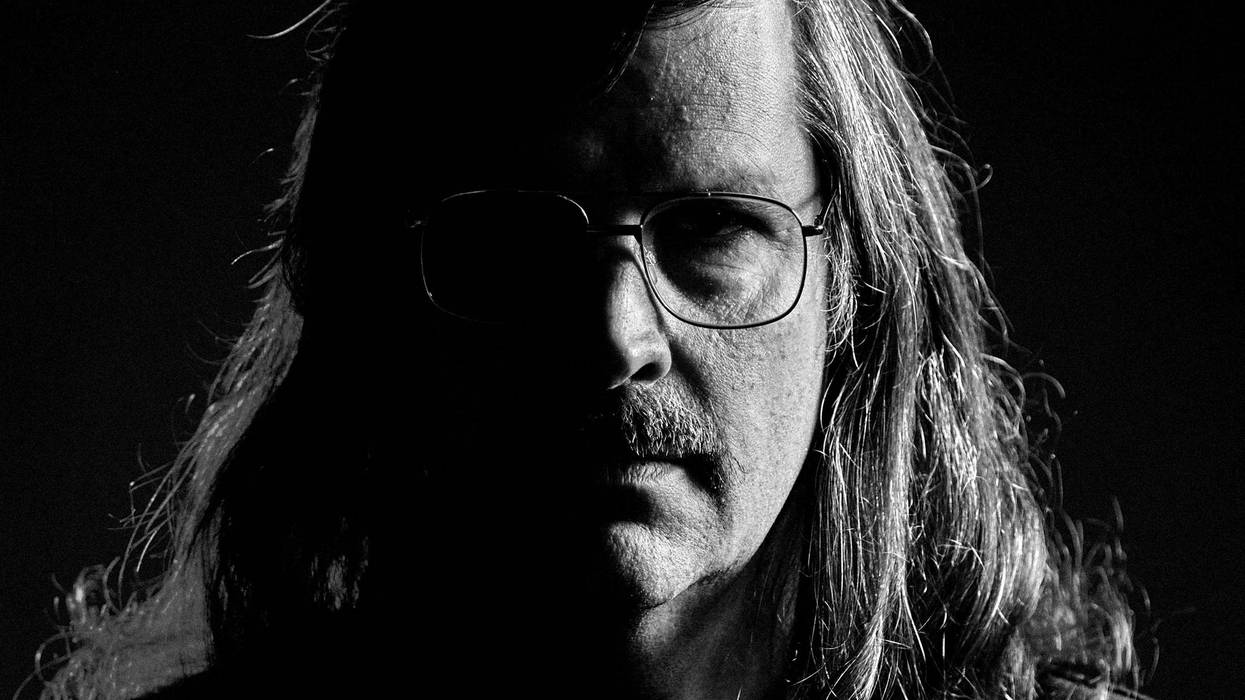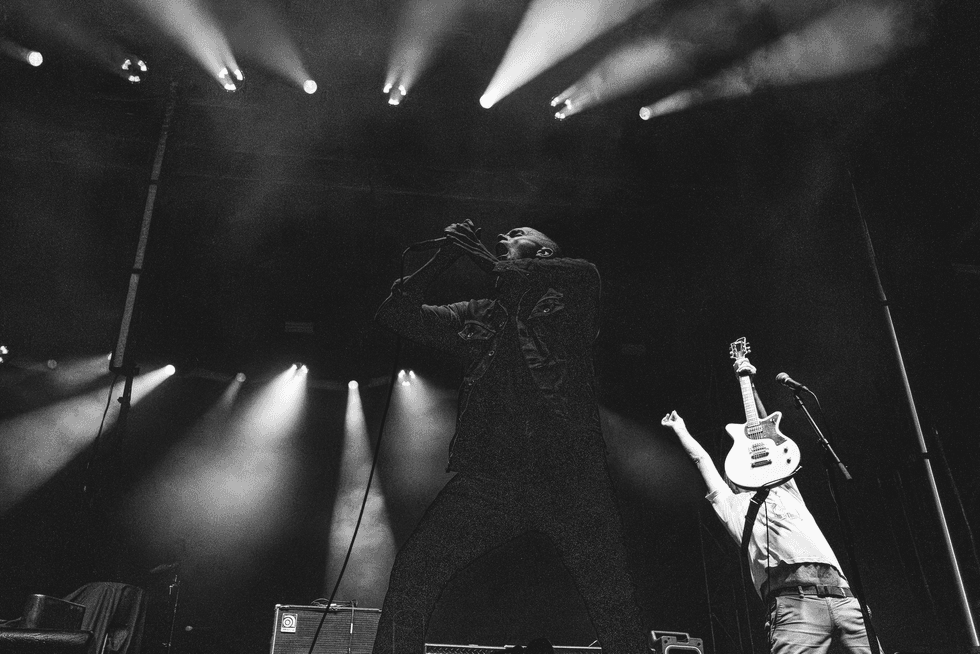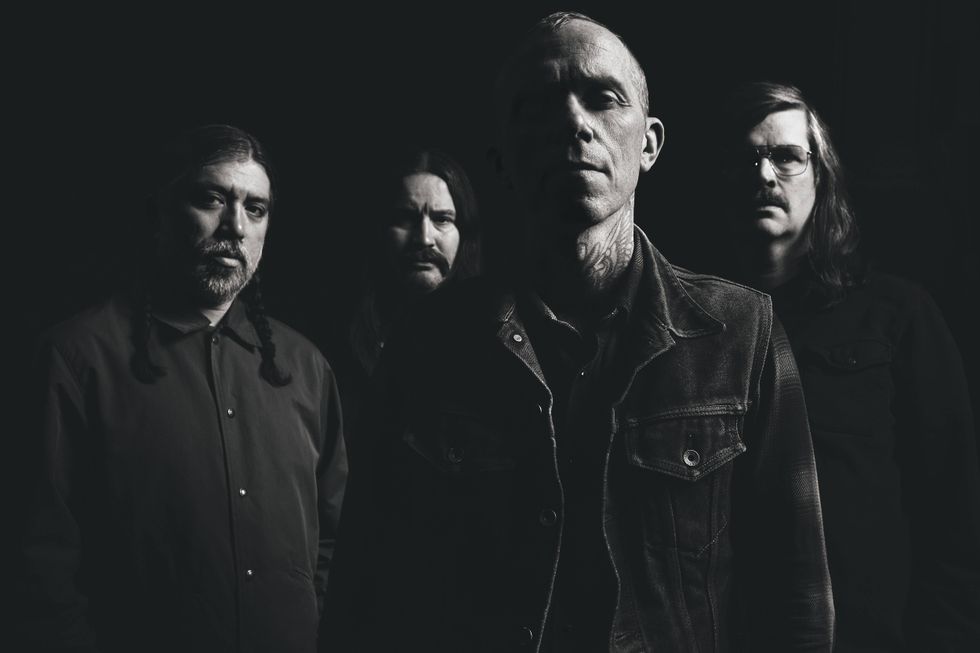I''ve been gigging a bit with a killer new act on Arista Nashville. The drummer, though talented, has not been a particularly good fit and, though he doesn''t know it yet, he''s going to be replaced. I feel bad for the guy; it''s not his ability -- he plays the parts right -- it''s one of those indefinable can''t-put-your-finger-on-it mysteries: groove. He might be right on the click hitting every cue but it doesn''t make my dick hard. Management has since booked a room at SIR to try a few hopefuls.
Across the board, these so called "drummers" who auditioned disappointed in every conceivable way. Although management paid me to take part in the auditions, it felt like a colossal waste of time; I would rather have had my testicles nailed to a table than spend an afternoon trying to ease poor percussionists through songs they did not bother to learn.
Having been on both sides of the audition dilemma, I''ve gleaned some empirical insight into the pitfalls one should avoid and insight into how you will be judged by your future employers.
You''ve got to punch your own weight
If you are still a bit of a novice and everybody in the band comes from a much deeper end of the talent pool, don''t bother auditioning. You won''t get the gig and if by some fluke they hire you, they will replace you when they discover your inadequacies. This sounds harsh and maybe contradictory because you should always strive to work with players who are better than you in order to learn and rise to their level, but if you are way out of your league you will not have the foundation to understand what the others are doing. You will also be hard-pressed to live down this terrible first impression. Years down the road when your playing has improved, these seasoned pros will assume that you are the same hack you were years earlier. There''s a band in Nashville called The Time Jumpers that plays killer Texas Swing stuff. I watched them the other night and thought, "This gig is out of my league." I could fake my way through part of the night but they would leave me in the dust eventually and I would want to sneak off the stage and disappear forever come second set. When one is out of one''s league it''s not going to end well.
Show up on time
This is part of the test. If the audition is for 12:00, that means a noon downbeat, not start to set up at noon. If you arrive early you''ll have time to set up, prepare and maybe listen to other auditioners so you will know what to expect. This valuable time will help you get ready and closer to relaxed. It''s normal to be nervous, but if your heart is racing, so will your tempo.
Dress appropriately
Get a general idea of the overall look of the act and use it as a guide. You don''t have to be what would traditionally be considered as "sexy" to look good; just find a look that works. Even the elephant man pulled a cool cap and cowl kind of thing that worked; you should too. In the same vein, your gear should have the right look, too -- not just the right tone. I watched in dismay as a bass player carried a seven string bass into a hardcore country audition once. I''m sure the tone was fine but before he even plugged in we were all thinking, "Next."
Do your homework
Know the parts and be ready for key changes. If it''s a Nashville gig, assume that they will be number charts so get comfortable reading them. Ten years ago I was working with an act on Sony that needed a new second guitarist. This guy who had flown in from New York for the audition had painstakingly transcribed every song on the album note for note on a staff. Regrettably for him, the artist couldn''t hit those notes live so we dropped four of the songs down a half step or more. Had this poor soul read number charts, the transposing would have been no big deal, but he was left staring at a staff that had very little to do with what we were playing; all in all, it was a pretty humiliating and costly experience for that guy.
No excuses
Nobody cares that you "just got the material;" learning quickly is part of any gig. Don''t complain about your monitor, as monitors suck about half the time on any major tour. No sleep, frazzled from a long flight, slammed with work: join the club. If you can only play when conditions are perfect, you''d be just what they are looking for in the group "Fantasy" on Imaginary Records, with a big gig on the tenth of never at Make Believe Meadowlands. In the real world, conditions are often bad, occasionally good but seldom perfect.
Once you''ve done all you can, let it go
I''ve practiced like crazy, annoyed God with constant prayer and set all of my hopes for happiness and fulfillment on a few soul-crushing auditions. I failed to land those jobs many, many times. Sometimes I played terribly and they hired me, sometimes I thought I nailed it but left empty-handed. There were times where I''ve been involved on both sides of auditions where the act already had somebody they fully intended on hiring but were going through the charade of auditions to satisfy the label/management/producer or network that claimed the act could do better than the player he or she wanted. Those auditions were a fool''s errand made to fail; enabling the act to tell the powers, "See, my guy is the guy. I''m right and you''re wrong."
This illustrates some of the many factors involved with landing a gig that are beyond your control. Auditions are not the preferred way to land a gig. Here''s the thing about working in the arts, be it as a musician, actor, anchorman, model, etc: you got, you get. When you gig, be it big or be it small, do it well or not at all. Every gig serves as an audition. You never know who''s listening.
John Bohlinger is a Montana native and former Ivy Leaguer who was close to earning a Ph.D. in psychology when he dropped out to pursue a life in music. "The psych background comes in handy when dealing with the music business" John quips. Over his fifteen years in Nashville, John has toured the world, holding down the guitar/mandolin/pedal steel end for over 30 major label artists; he currently leads the band for the hit show Nashville Star, which moves to NBC in January. John''s songs and playing can be heard in several major motion pictures, major label release and literally hundreds of television drops. For more info visit johnbohlinger.com



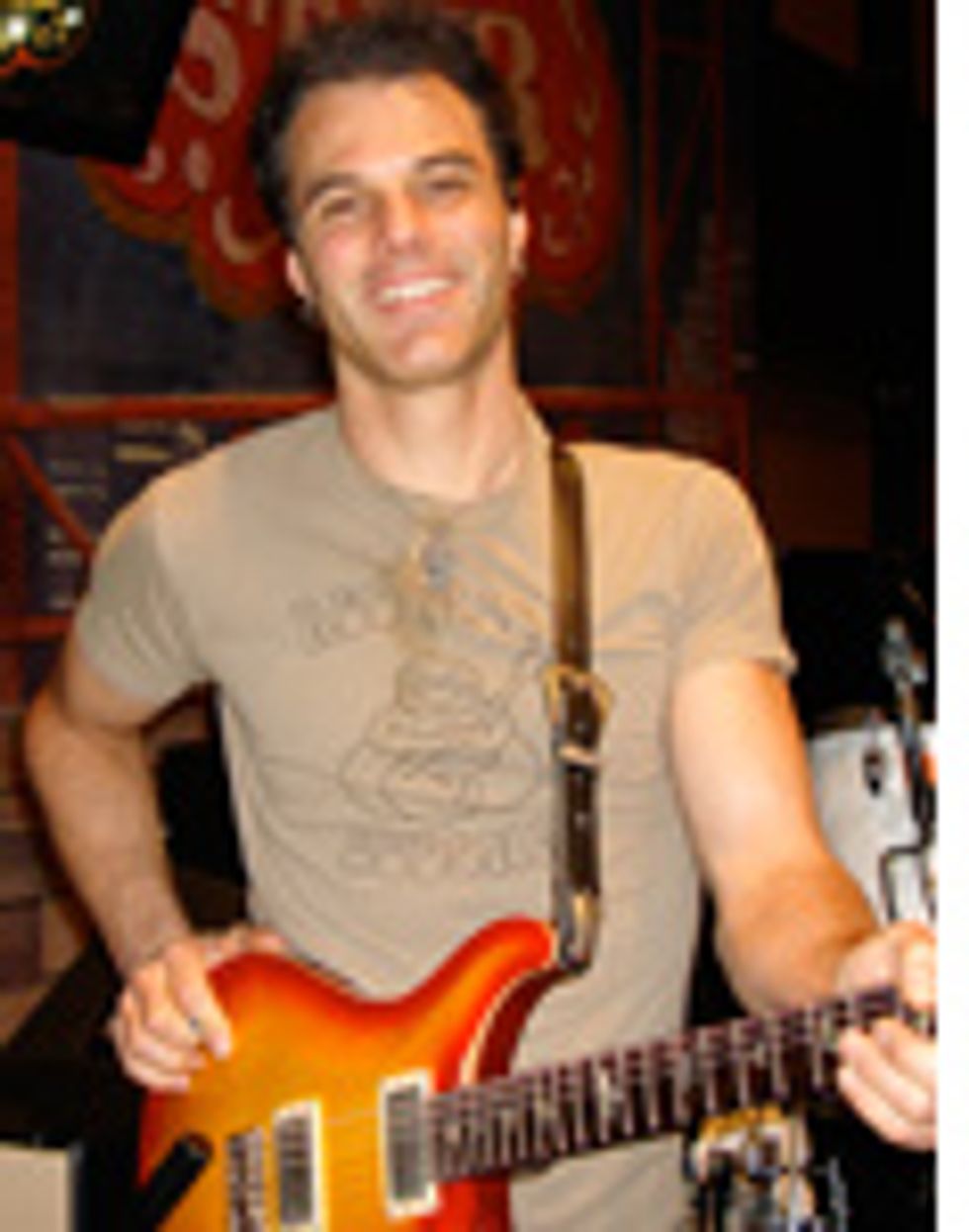
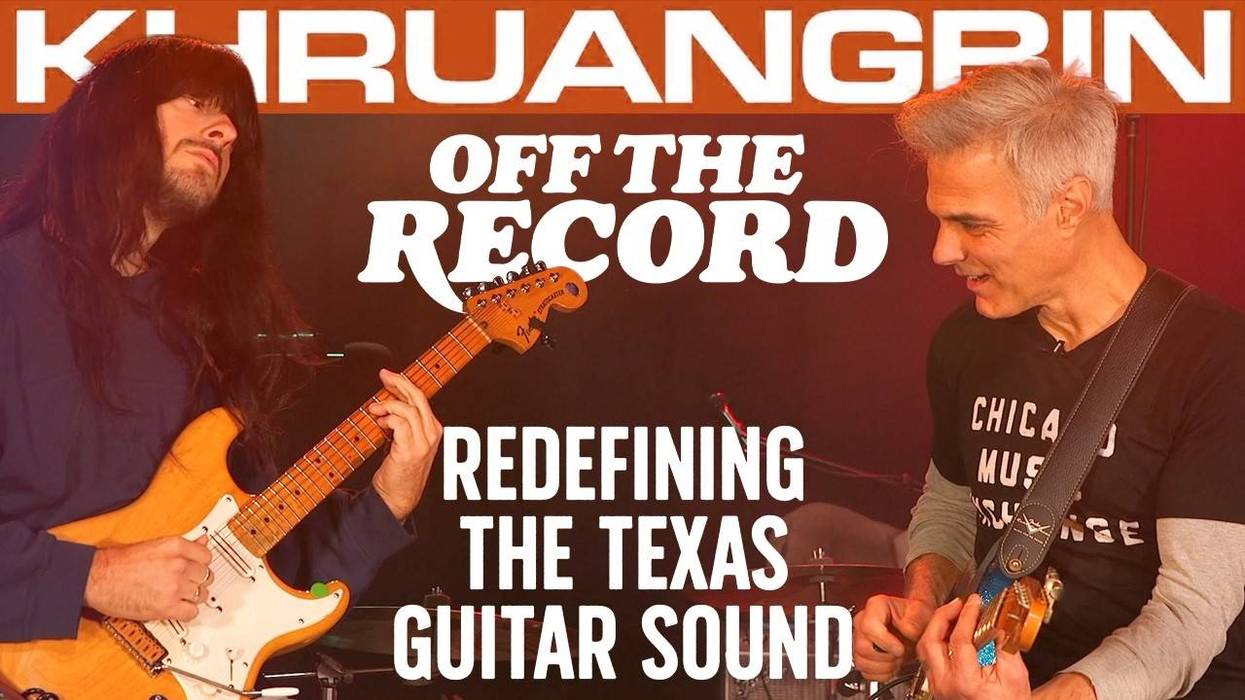
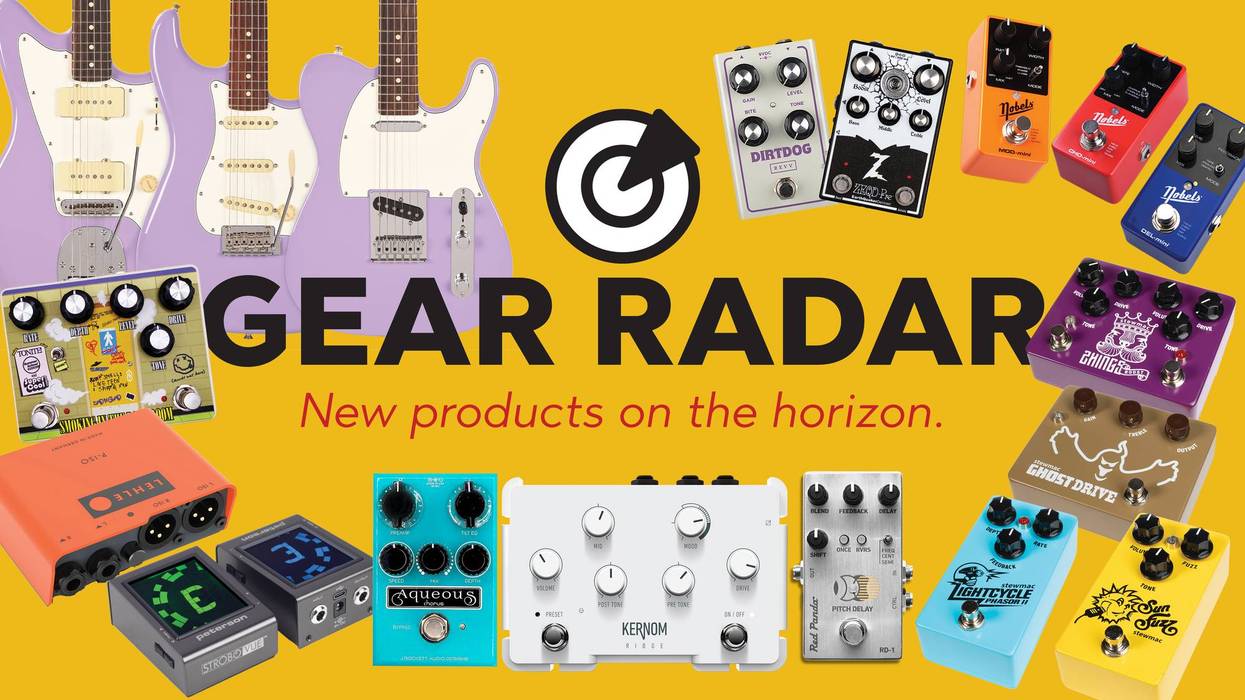
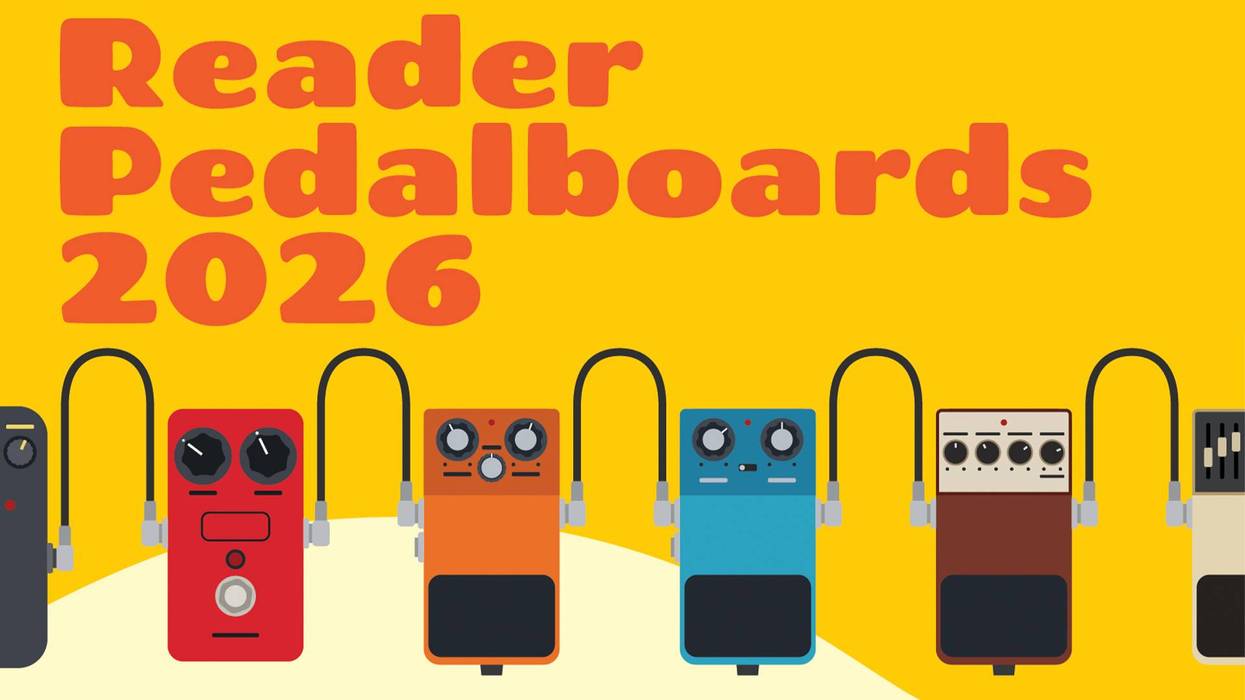
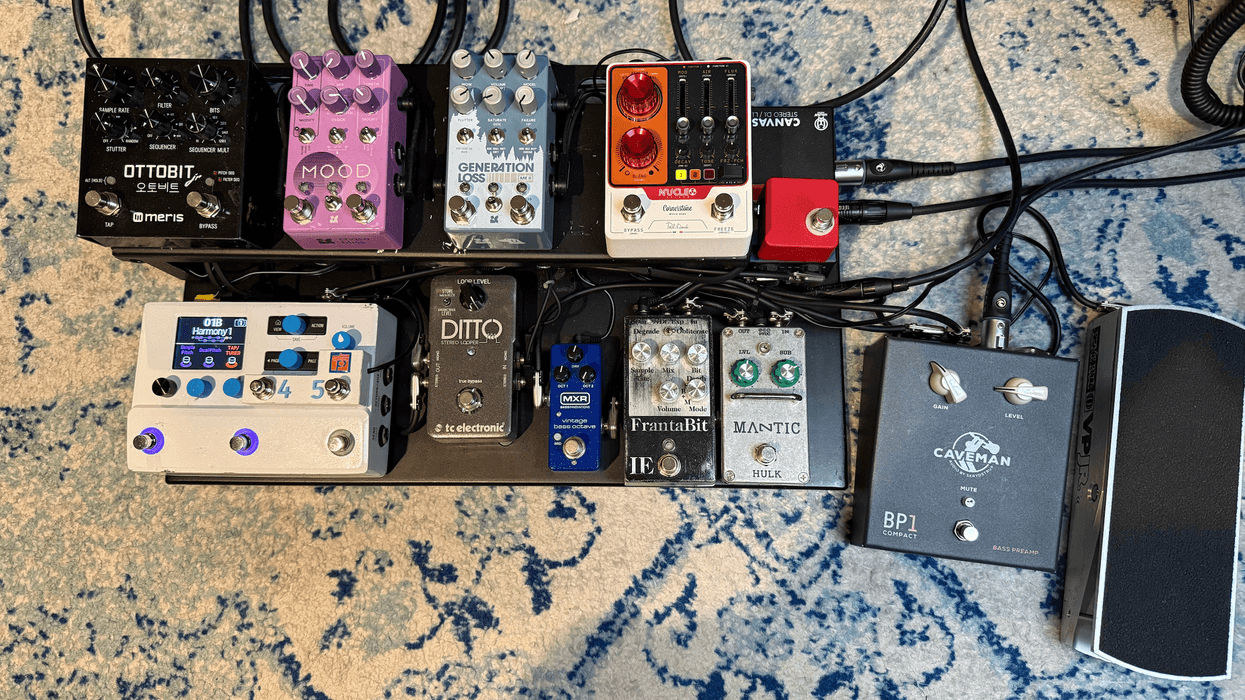
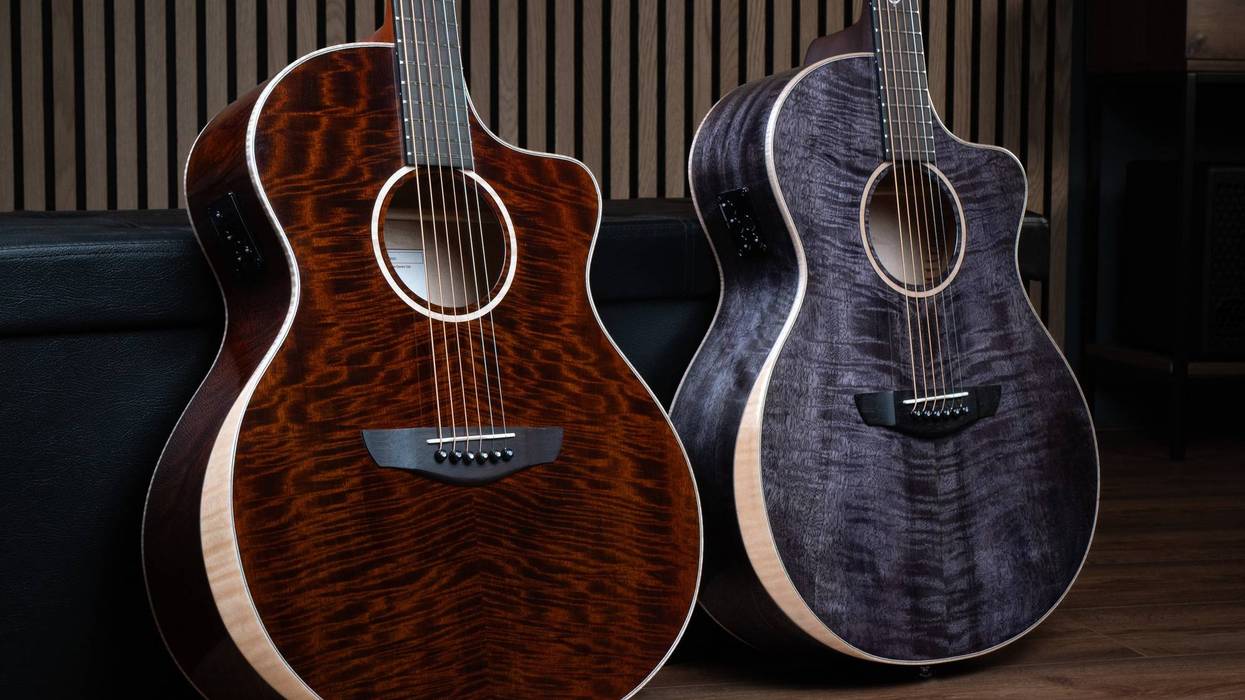
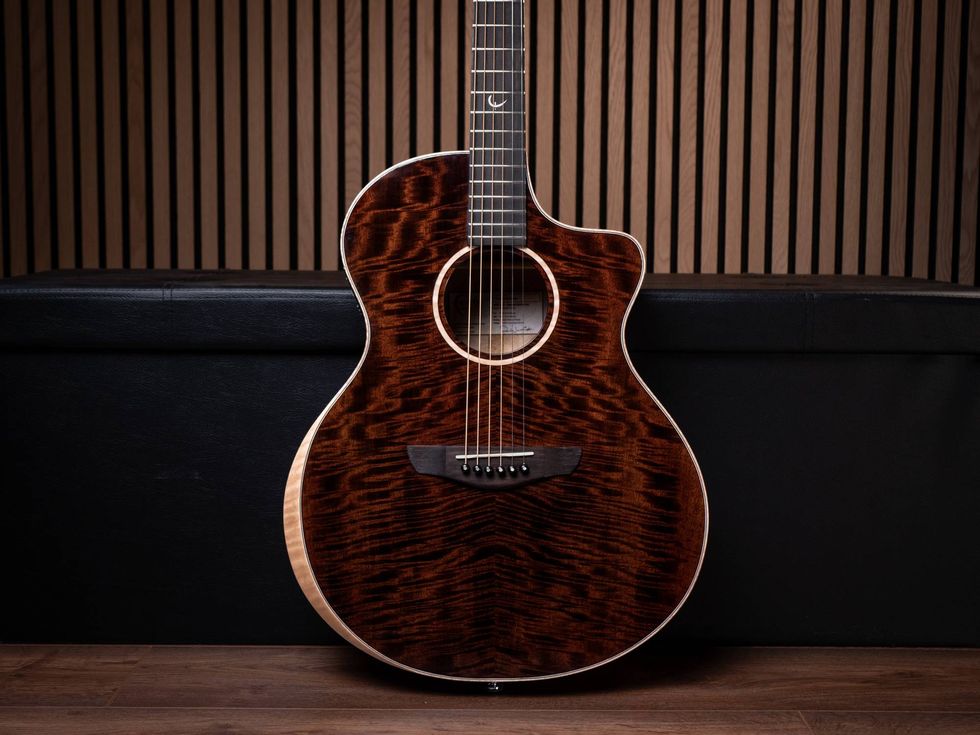
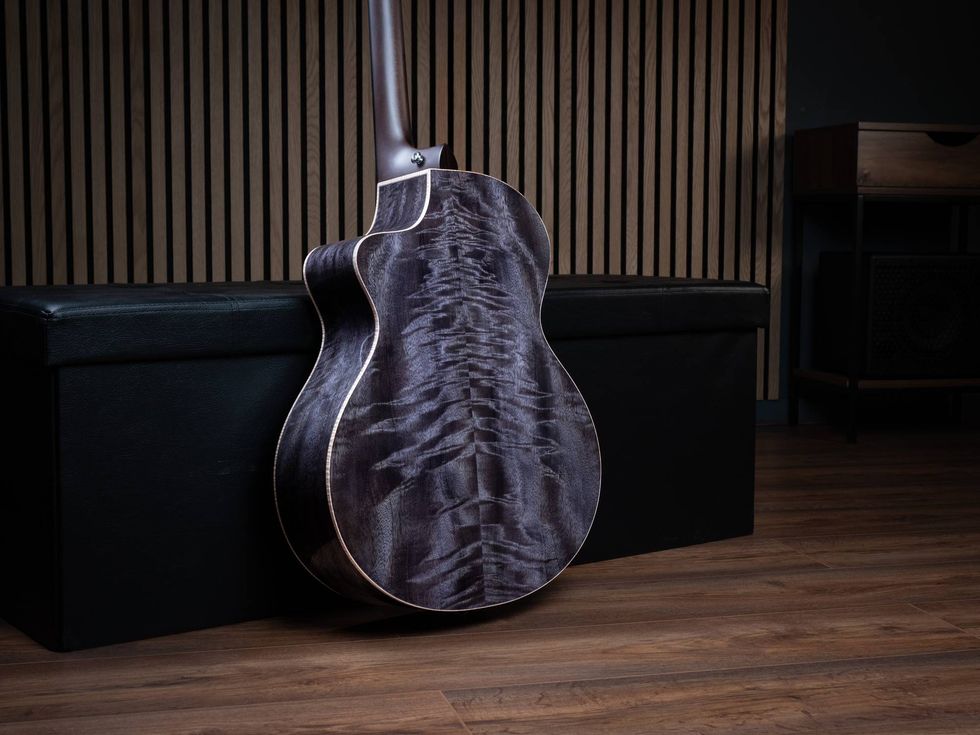



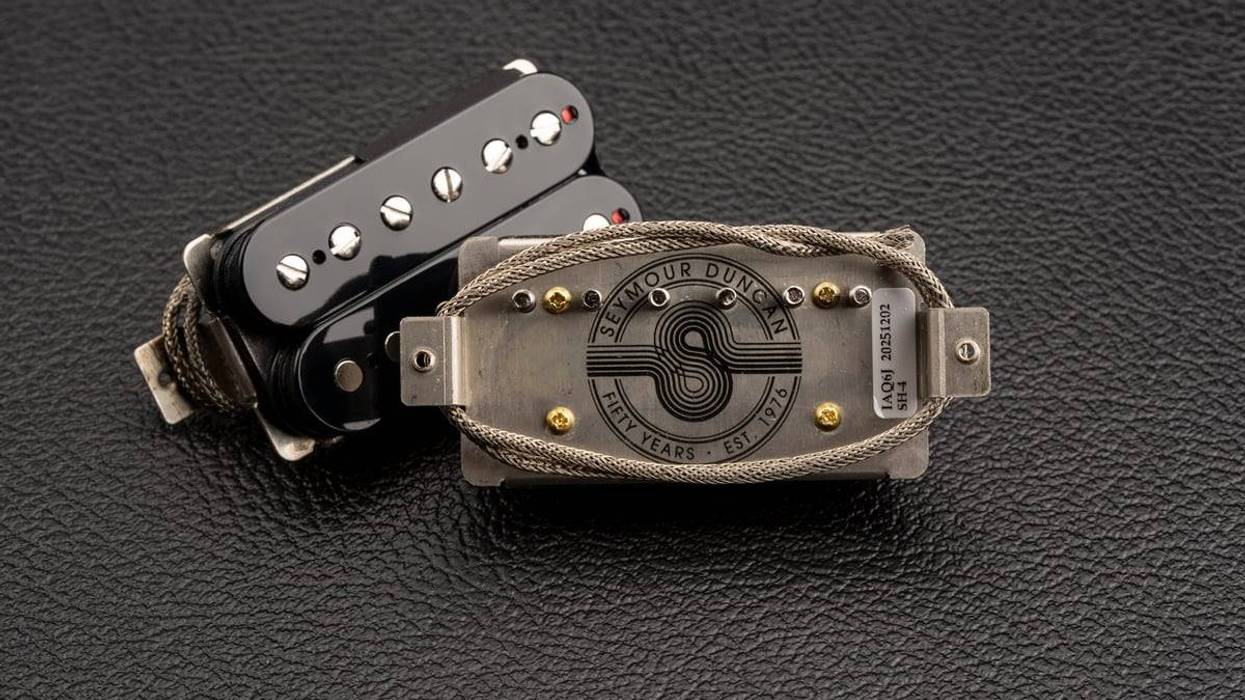

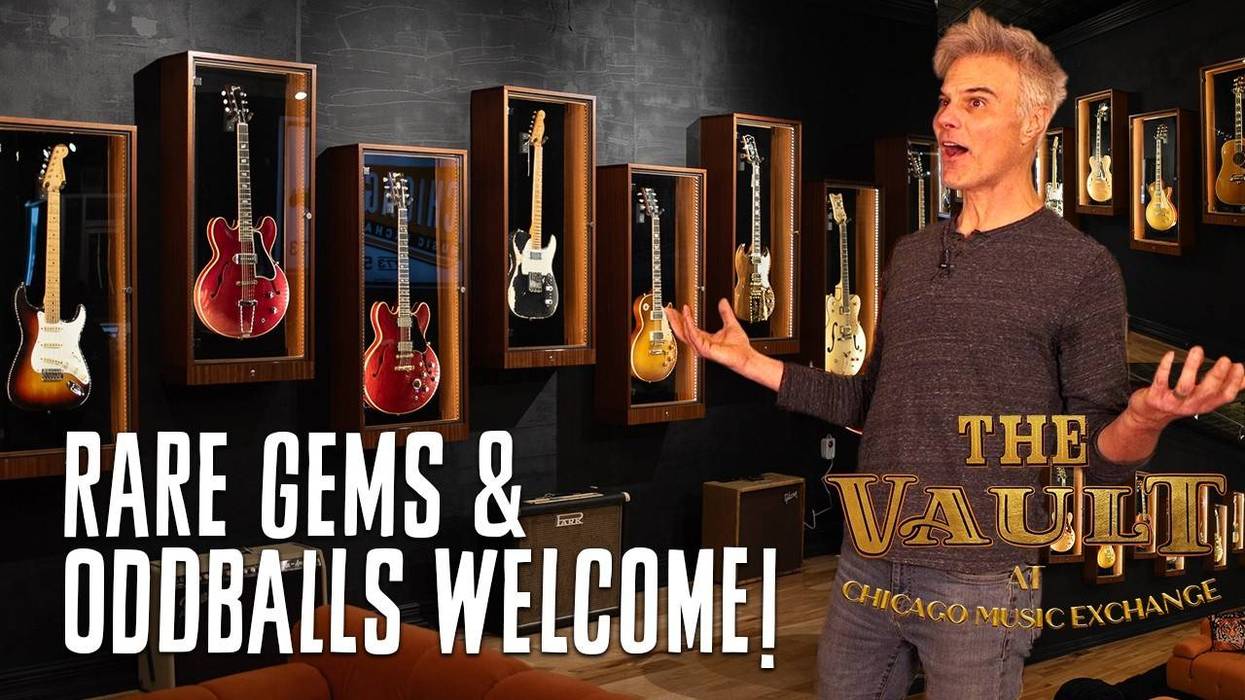
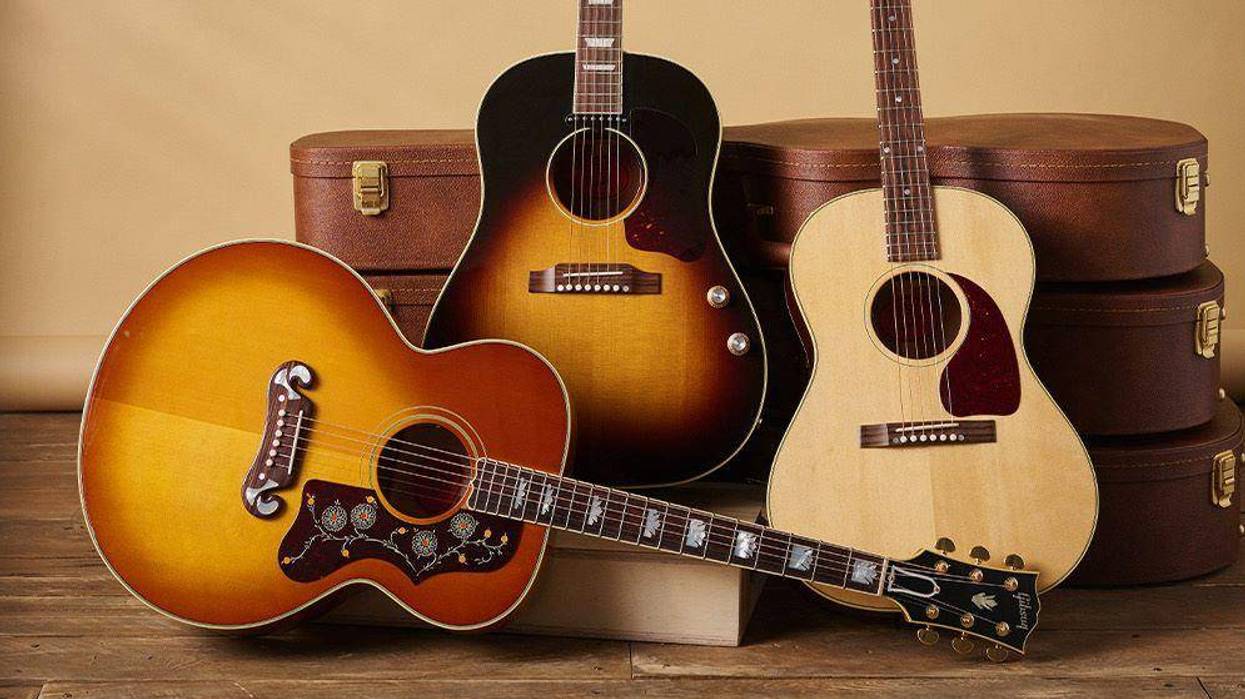
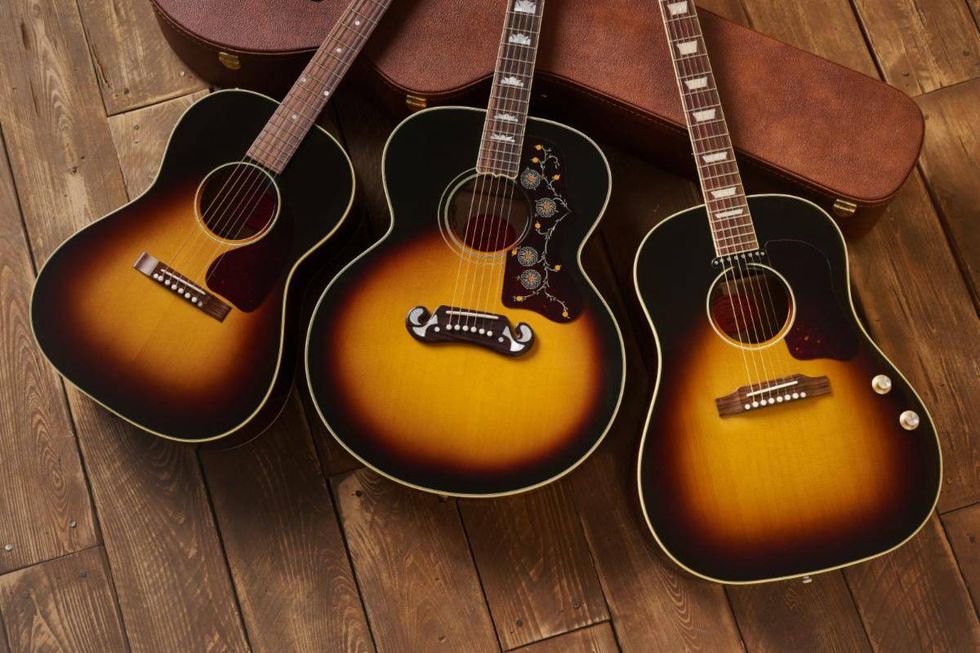
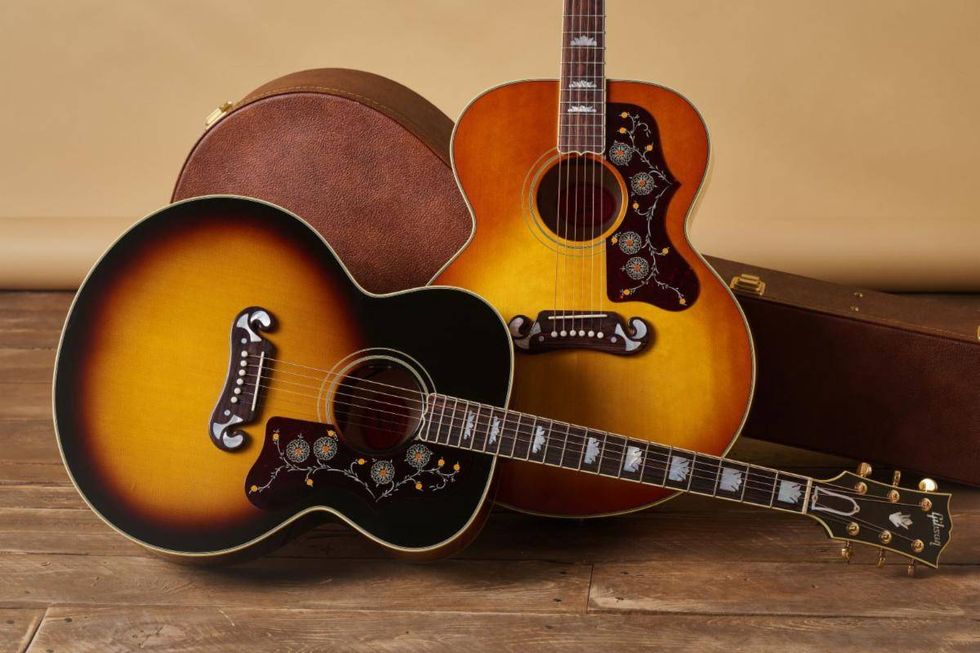
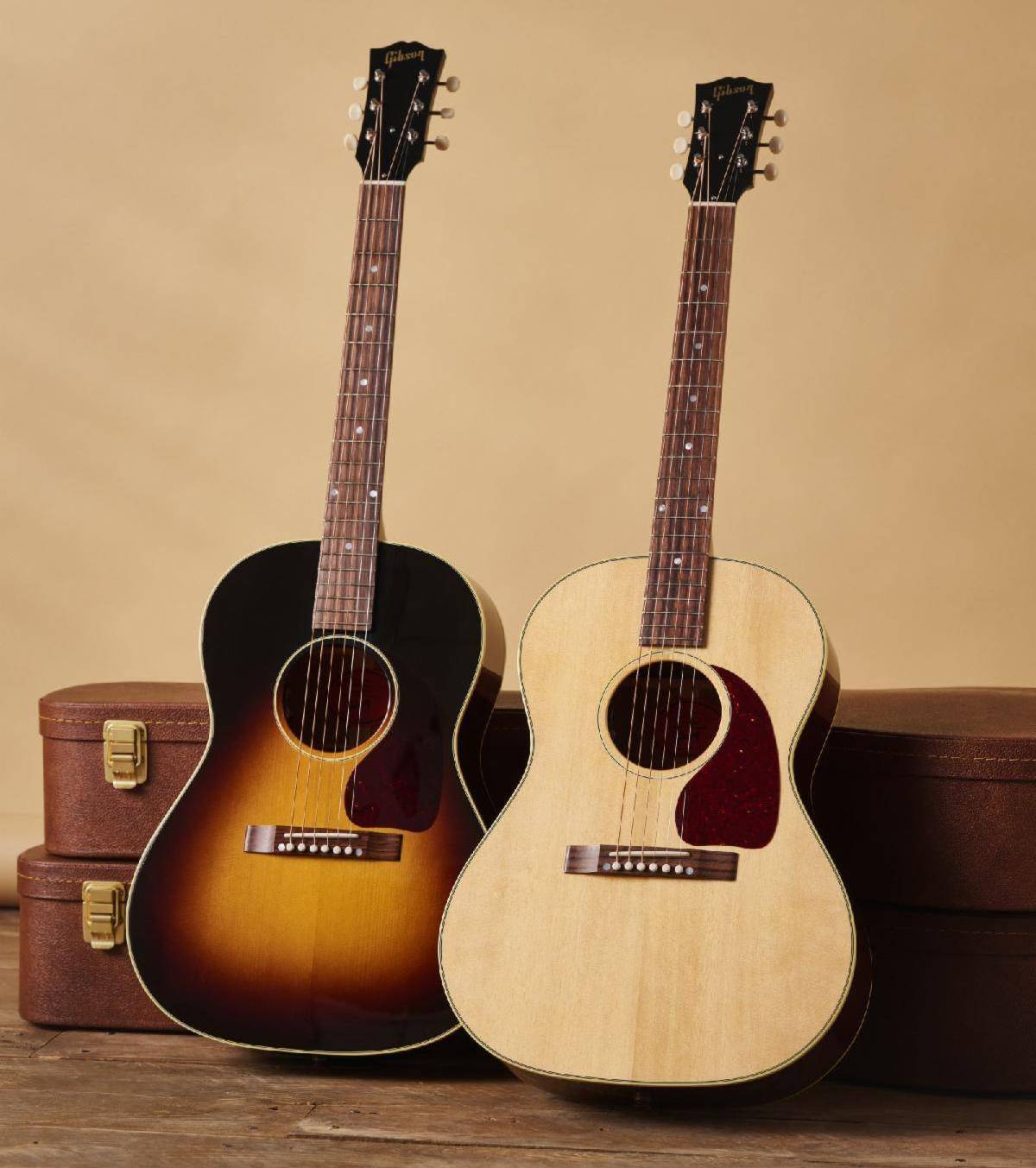
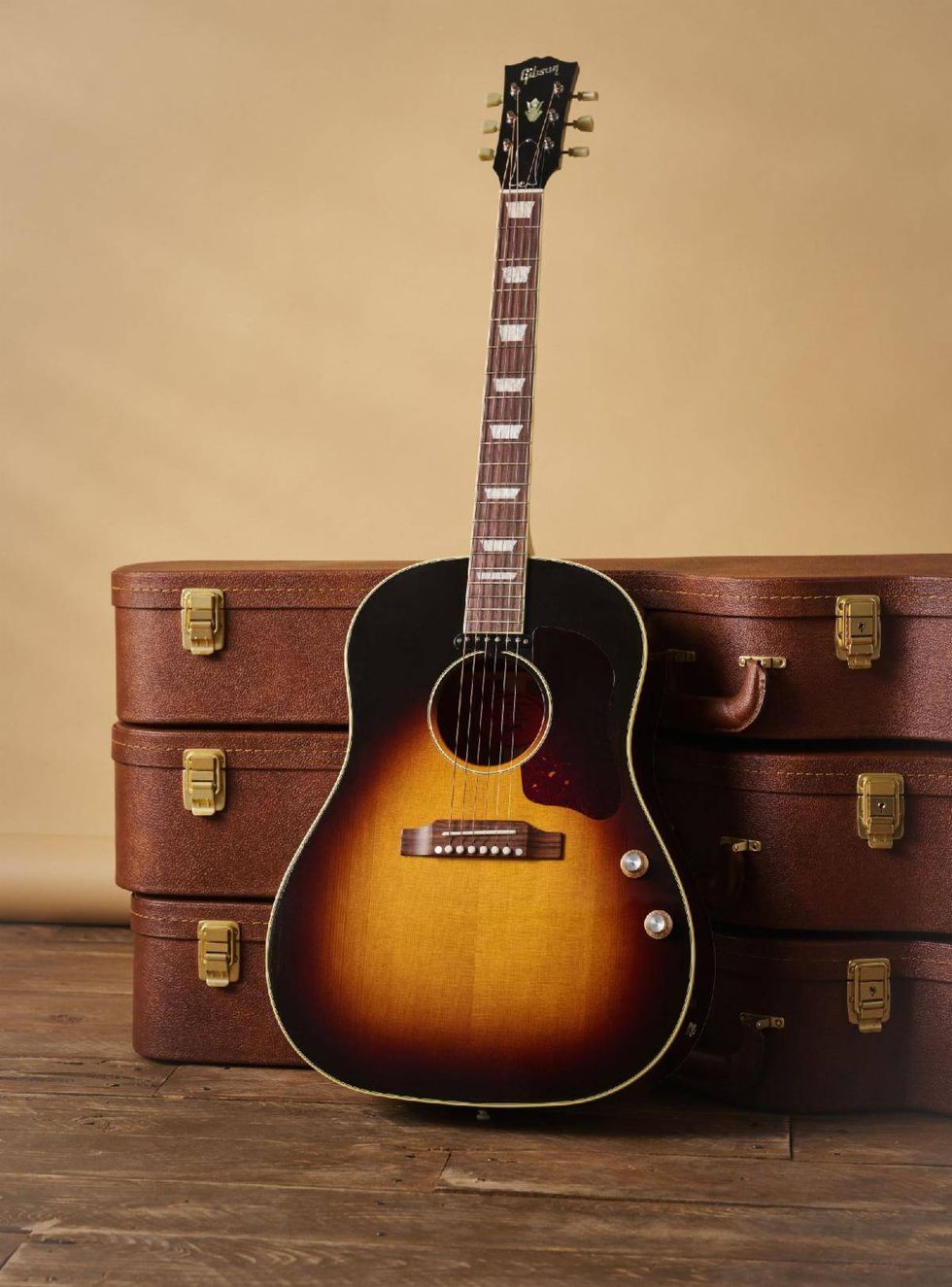
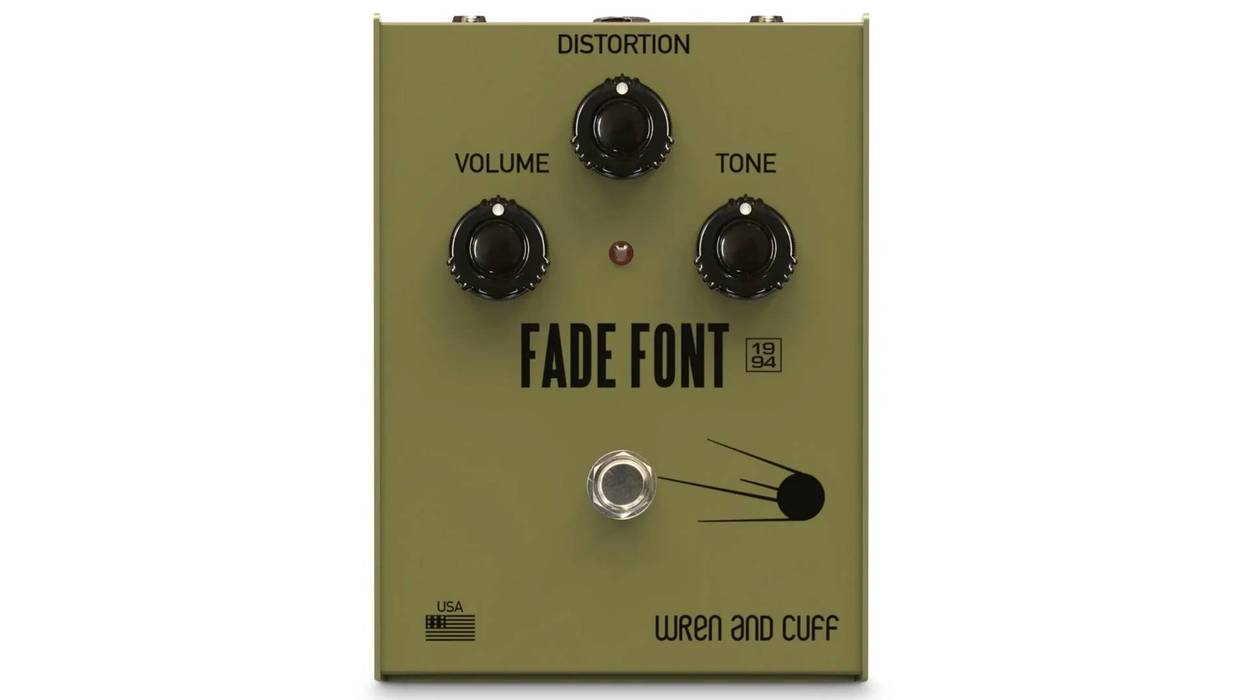

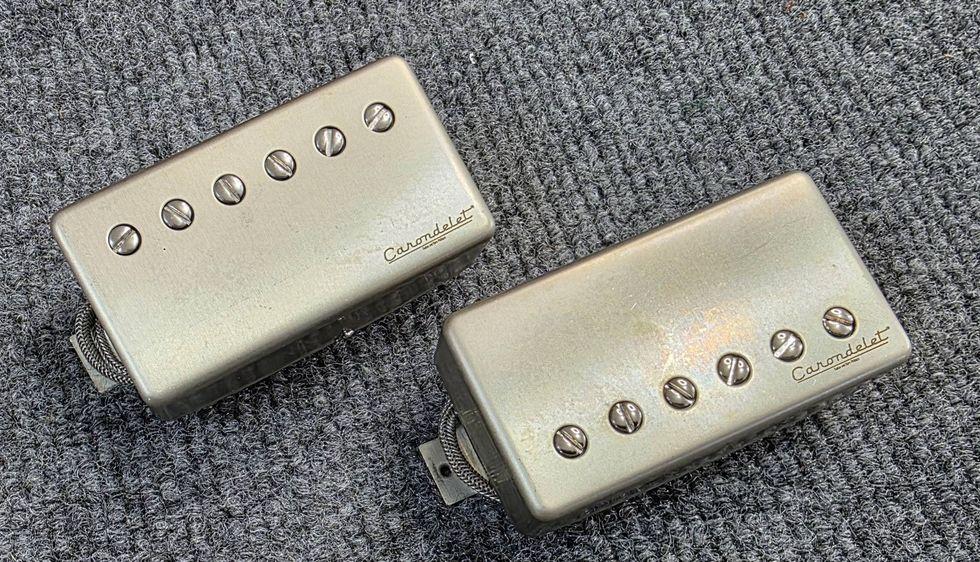 Carondelet Introduces OTB Ultimates Vintage-Style PAF Pickups
Carondelet Introduces OTB Ultimates Vintage-Style PAF Pickups